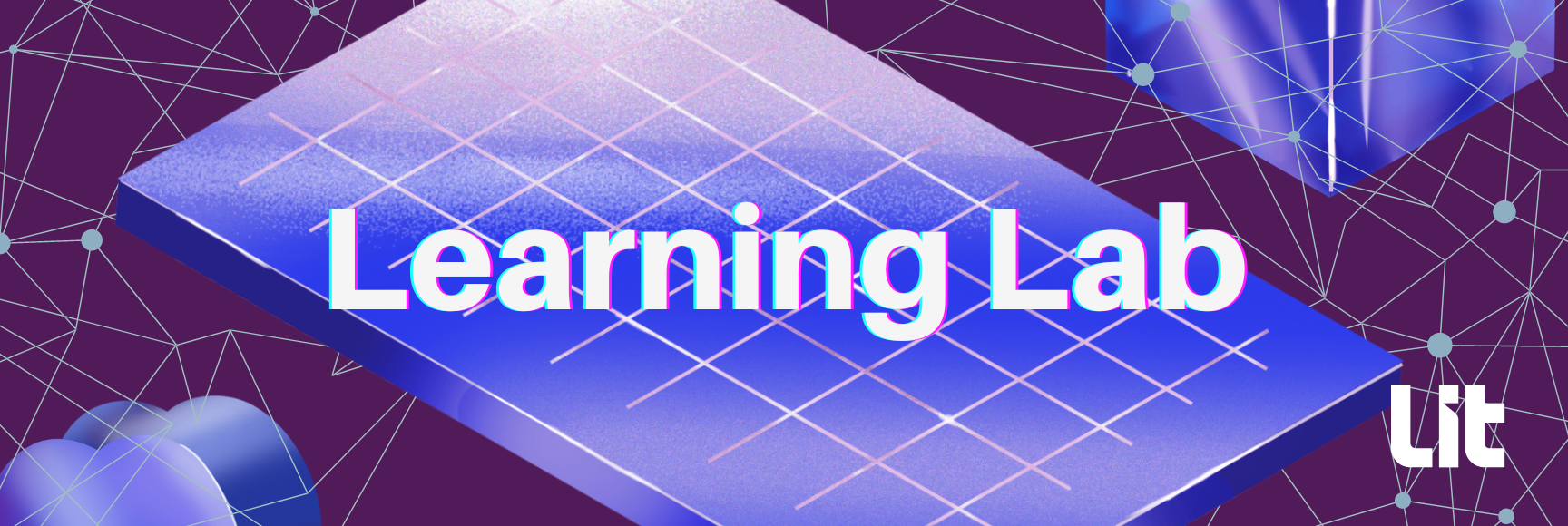Learning Lab @ Lit

We are excited to announce the launch of our brand-new educational platform, the Learning Lab!
This learning space is dedicated to all things Lit Protocol - a web3 encryption, access control, and programmatic signing platform.
Learning Lab is designed to cater to learners from all walks of life. Whether you are a tech enthusiast aiming to understand the foundational concepts of Lit or a seasoned developer seeking to add programmatic signing or encryption to your codebase, we've got you covered.
The Learning Lab will offer a variety of lessons and code challenges. The content will be organized into distinct modules to guide your learning journey. Your first stepping stone will be 'Intro to Lit,' a module designed to equip you with the fundamentals of Lit Protocol. In the following weeks, we'll ignite your coding skills with the Codebreaker* module.
The Codebreaker challenges are practical, hands-on coding exercises designed to test your understanding and application of Lit Protocol. We'll be presenting you with real-world scenarios and problems to solve, pushing your learning from theory into practice.
At the end of each lesson, there is a chance to prove your understanding and receive proof of knowledge credentials. Each proof of knowledge credential acts as a key to unlock more advanced lessons, allowing you to delve deeper into the Lit learning journey. These credentials represent your proficiency and readiness to take on more complex topics making the learning experience interactive, progressive, and engaging. They serve as stepping stones in your path, guiding your growth and development in the world of Lit.
Happy learning, and see you in the lab!
*The term code breaker is historically linked to the field of cryptography, the study and practice of secure communication. The origin of the term dates back to military and diplomatic communications, where codes were used to maintain the secrecy of sensitive information. A code breaker is a person or a piece of technology that deciphers these codes without having access to the key that was used to encode them. Prominent examples in history include British mathematician Alan Turing and his team at Bletchley Park, who broke the German Enigma code during World War II.
